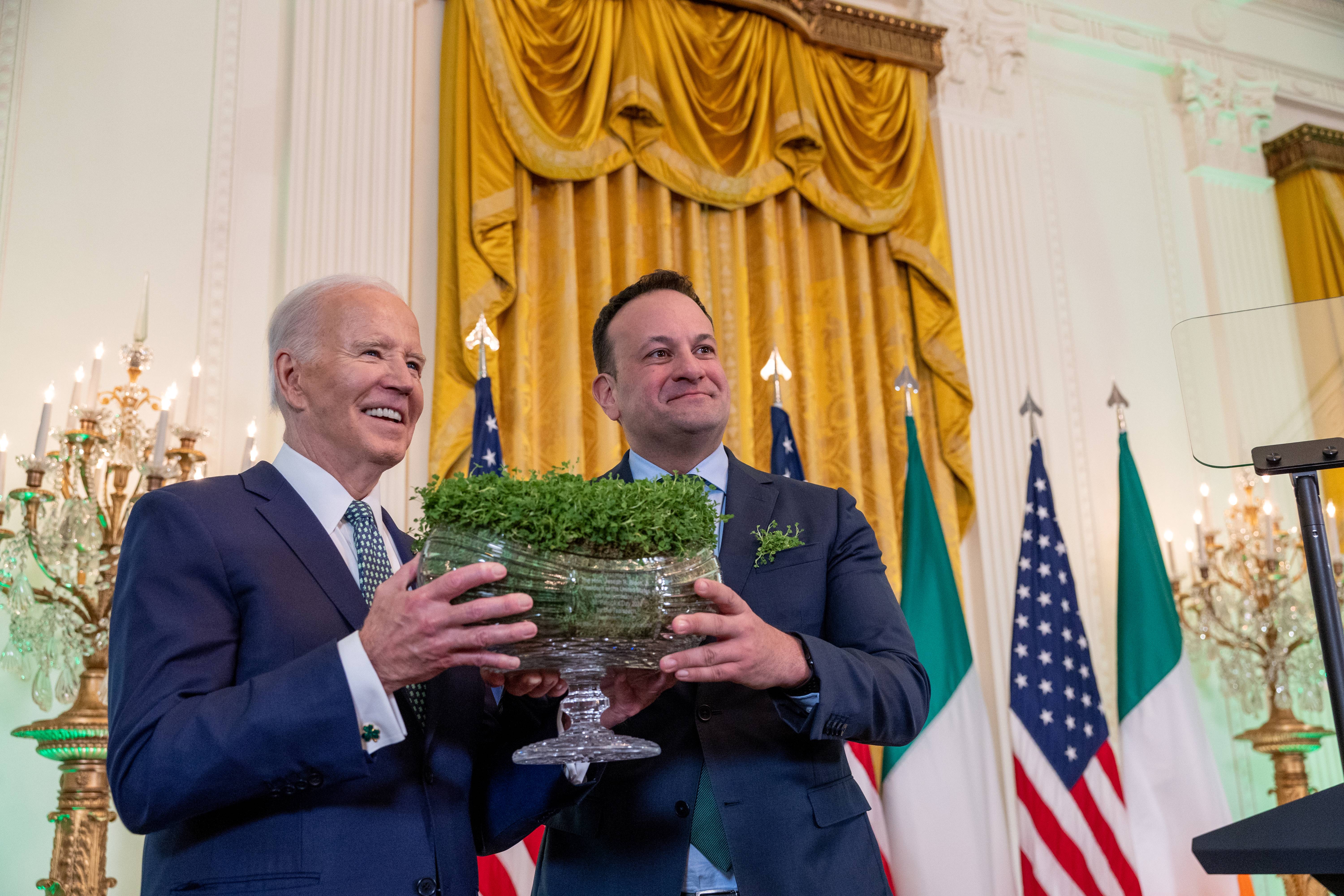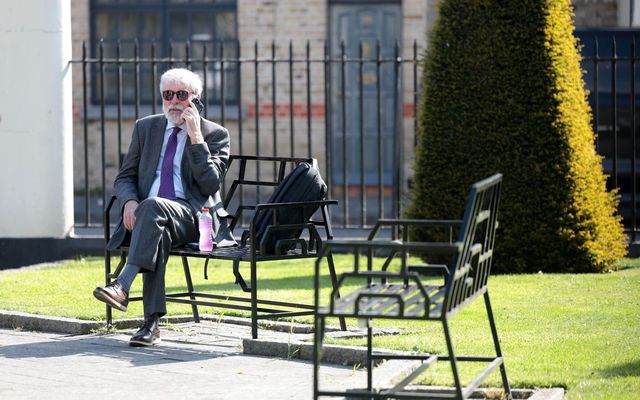IT'S impossible to believe that it is March. For some this is the month of everlasting nightmare with the end of the financial year. Accountants and civil servants face into the annual Armageddon of making figures and balance sheets work while the rest of humanity prepare for Easter, Passover, Ramadan and… St Patrick’s Day. Indeed, not enough thoughts and prayers are with those who keep the home fires of the tax year burning at this stressful time of the year. Their quiet, dedicated number crunching deserves far more thanks than we ever proffer our nerdy dependables.
Tommy Tiernan has a much-shared skit about the Irish inventing St Patrick’s Day in order to break up Lent. In fairness, we will only be two weeks into Lent this year when the Green Homage takes place, so potentially no-one will feel they have been in a chocolate-, crisps- and pints-free desert for too long. But his joke sits uncomfortably close to reinforcing the stereotypes of the drunken Irish.
St Patrick’s Day has of course become less of a day and more of a month. Celebrations of An Ghaeilge and Irish culture turn an alcohol-fuelled and trope-filled event into a more meaningful expression of Irishness at home, and especially abroad. It is perhaps an indication of our national maturity that we now view Irish participation in White House ceremonies as conditional on American foreign policy and behaviours. Our representatives’ presence is our gift to them, rather than their gracious acknowledgement to us. Wherever you stand on who should be where that day, that is an extraordinary leap for a small nation once portrayed as poor and stupid. It is not without irony that the DUP, advocating for attending the White House on St Patrick’s Day from our region, identify as British.
WE SAY: White House St Paddy's Day boycott is welcomehttps://t.co/HleEKqSDOQ
— Andersonstown News (@ATownNews) March 6, 2025
The soft power of Ireland and what it represents and determines itself to be could not be further away from the racist policies underpinning Punch cartoons that were part of driving Irish citizenry to the four corners of the world. A confident, empowered voice for human rights and compassion has grown out of the decades of dedicated, vocational, professional Ireland which has found itself in prominent positions in human rights courts, the United Nations, the Peace Corps and humanitarian agencies. The Irish have always been found delivering aid and support in every human rights crisis across this globe. That the idea of Irishness now reflects the values of that advocacy is no coincidence. Our idea of ourselves is the best of ourselves.
Particularly since Brexit, Irish diplomacy now reflects those values, which is a giant leap from previous generations of tipping the cap and taking a lead from Britain. It could not be less stereotypical and is something to be deeply proud of.
It is also an example that will run deep into future constitutional conversations. A vision of an Ireland which holds on to the vision of rules-based, humanitarian and neutral strength will be ever more important in the shifting global environment. As others look to war, 'defence' expenditure and building military allies, the Irish voice of reason, law and effective peace building will be increasingly more important. It is who we are. This mature Ireland that shuns the old stereotypes of who we are is becoming the new symbolic Ireland.
And is our future.








